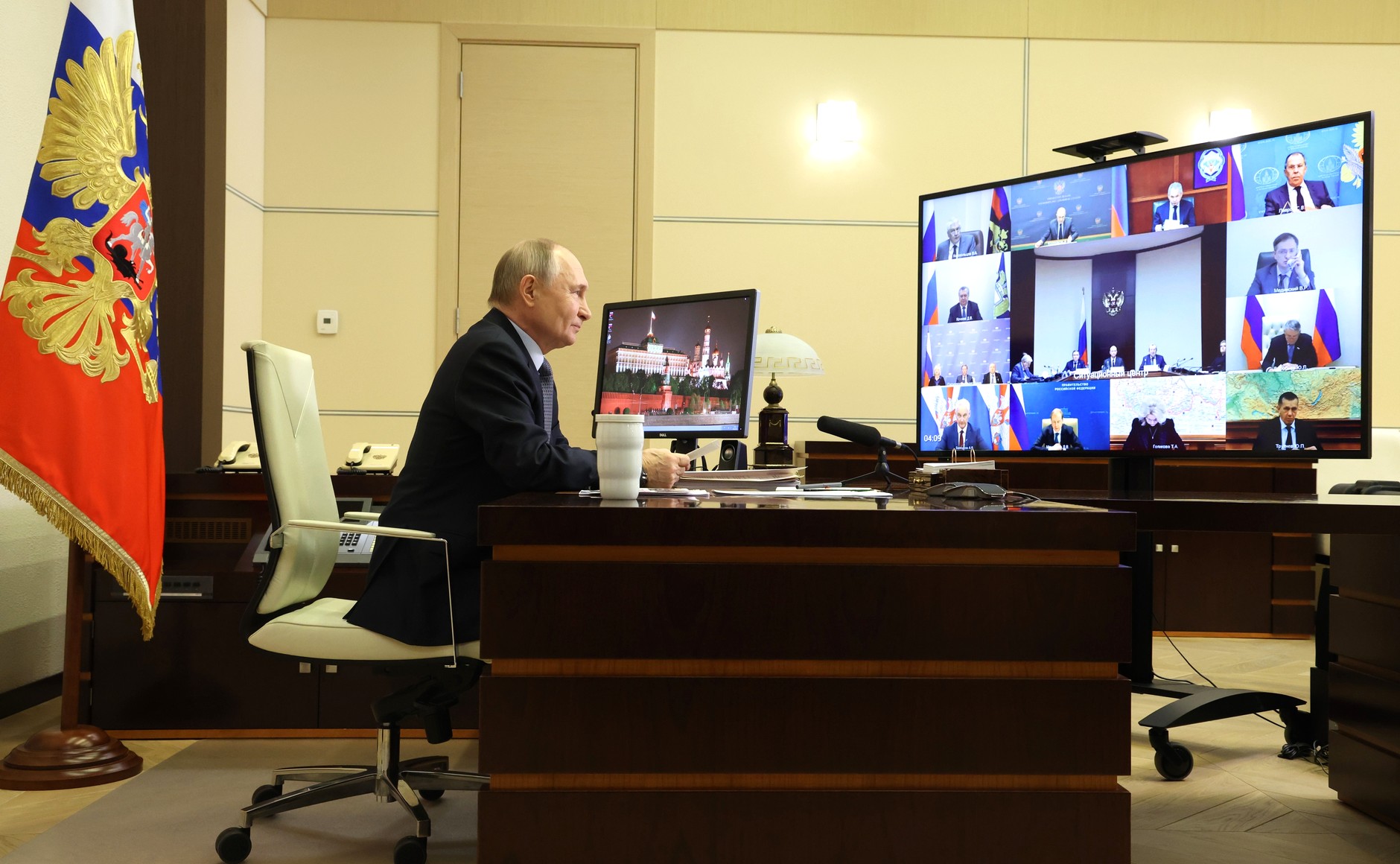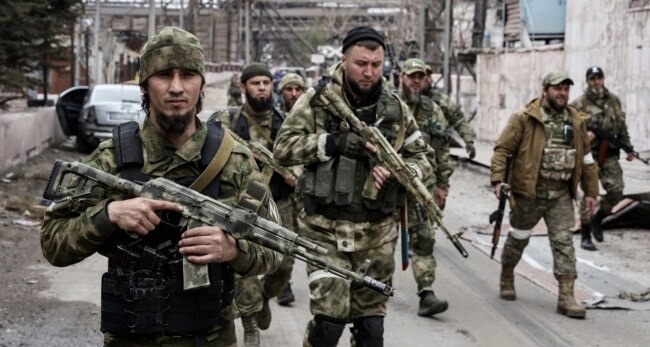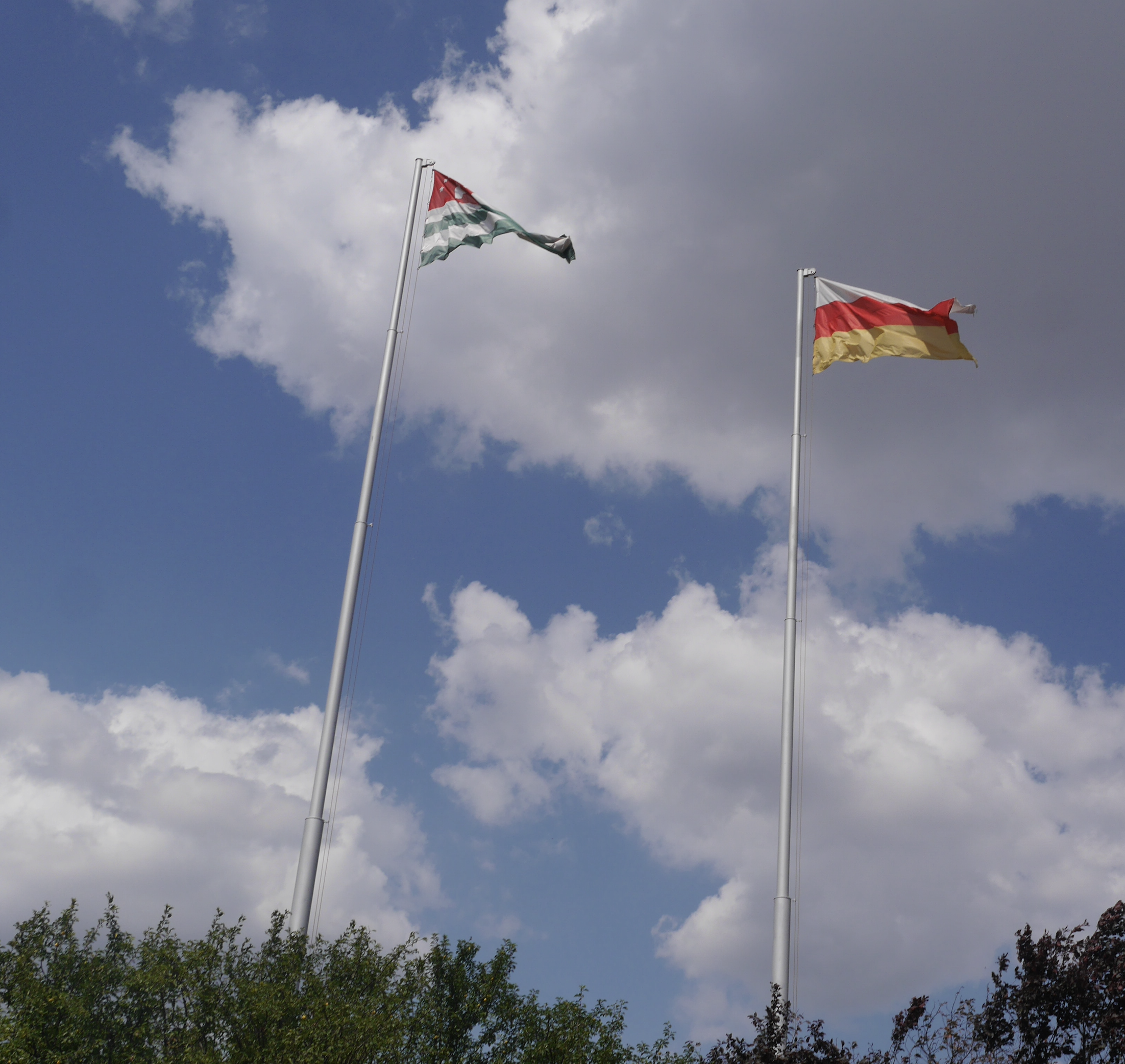
Putin’s Anniversaries Mark Dangerous Degradation of His Regime
Putin’s Anniversaries Mark Dangerous Degradation of His Regime
Executive Summary:
- Russian President Vladimir Putin’s autocratic regime faces global condemnation due to its war against Ukraine, suppression of the opposition, and increasing international isolation. These developments expose the regime’s corruption and deepen its global alienation.
- Russia’s influence is eroding in key regions, including the Middle East, with military setbacks in Syria and strained alliances. Russia’s economic challenges and diminished global standing further undermine Moscow’s strategic objectives.
- As Putin marks 25 years in power, his militarized regime remains a destabilizing force in Europe that no single country has proven capable of deterring or punishing.
This year signifies 80 years since the end of the Second World War, frequently trumpeted as Russia’s great victory. On January 15, Russian President Vladimir Putin presided over a virtual meeting of the special committee responsible for preparations to celebrate the anniversary (Meduza, January 16). It will undoubtedly be a very different affair from the hopeful celebrations in 2005, when many international guests, including U.S. President George W. Bush, attended the May 9 parade on Red Square, hoping to energize their partnerships with Russia, which was presumably transitioning to a “normal” democratic state (Svoboda.org, October 27, 2023). Those illusions persisted in many quarters, even after the annexation of Crimea and Russia’s “hybrid” intervention in Donbas in 2014. Few foreign guests will attend the war-stained parade—certainly not Azerbaijan’s President Ilham Aliyev, who still demands a proper apology for the Russian missile hit on Flight 8243 on December 25, 2024 (Interfax, January 6; see EDM, January 15). Putin’s fateful decision to launch the full-scale aggression against Ukraine three years ago has left no doubt about the true nature of his corrupt, autocratic regime.
Putin is demonstratively unperturbed, and the anniversary that really matters to him is his 25 years of dominance over Russian politics, in which his control over loyal and subservient elite clans appears absolute (Carnegie Politika, January 16). February brings two dark dates in this trajectory of suppression of democracy. Boris Nemtsov, a leader of the opposition who dared to decry the start of the intervention against Ukraine, was assassinated near the walls of the Kremlin on February 27, 2015 (see EDM, March 2, 2020; Current time, January 14). Alexei Navalny, a new leader of the Russian opposition, who was able to protest against the aggression against Ukraine only from inside a jail cell, was murdered in the harsh Siberian prison on February 16, 2024 (see EDM, February 20, 2024; Novaya Gazeta, January 10). As the repressed and exiled opposition tries to gather new energy for resisting cruel autocracy, Putin’s henchmen are setting up “universities” for training assassins and saboteurs to step up the campaign of terrorist attacks in the West (The Moscow Times, January 17).
Another anniversary that the Kremlin would have celebrated this year is the ten years of military intervention in Syria, which had appeared to be solidly successful until the sudden collapse of the Bashar al-Assad regime last December (Nezavisimaya Gazeta, December 22). A major driver of that decisive turn in the protracted civil war was Israel’s devastating strike on Hezbollah in Lebanon, which incapacitated a key Russian ally in the Syrian campaign (RIAC, January 15). Moscow had no capacity for manipulating the conflict in Lebanon and has lost all influence in Israel, meaning presently, it cannot take any meaningful position regarding the ceasefire agreement in Gaza (The Insider, January 17).
Russia is trying to compensate for this loss of profile and prestige in the Middle East by strengthening its ties with Iran. President Masoud Pezeshkian visited Moscow last week to sign the treaty on comprehensive strategic partnership (Kommersant, January 17). The treaty was many months in the making, but in the final version, all articles pertaining to military-security matters were dropped. The partnership has become primarily economic, while the lack of investments limits the potential for expanding commercial ties (Nezavisimaya Gazeta, January 16). The Kremlin has good reasons to expect that in the coming weeks, Iran would be subjected again to the U.S. policy of “maximum pressure,” so upgrading security ties with this designated loser is hardly an attractive proposition (The Moscow Times, January 18).
This pressure is one of the many assertive shifts in U.S. policy that Russian experts expect to be enforced as the stream of executive orders continues to come from the White House (Rossiiskaya Gazeta, January 13). Unlike in 2016, anxiety rather than exuberance is the prevalent political mood in Moscow, and “patriotic” pundits warn about increasing risks for Russia’s security because of Trump’s predisposition for dominance (Kommersant, January 16). Simultaneously, speculations about possible deals to be done at the as-yet hypothetical Putin-Trump meeting swirl unchecked (RBC, January 17). Concerns about tightening sanctions, particularly on oil exports, are mixed with hopes for them loosening regarding financial transactions (Izvestiya, January 10).
The direction of unpredictable changes will be determined by the agreement, or lack thereof, on the conditions for ending the war in Ukraine. Russian political gurus are sure that it is up to Putin and Trump to set these conditions, irrespective of the pledges that European political leaders make when visiting Kyiv (Re: Russia, January 14; Republic.ru, January 18). Nikolai Patrushev, former secretary of the Russian Security Council and Putin’s long-term minion, said that in 2025, Ukraine would cease to exist as a sovereign state (KP.ru, January 14). This supposition reveals the real aim of Putin’s “special military operation,” which can only be achieved if the Western coalition supporting Ukraine disintegrates (Svoboda.org, January 17).
The relentless offensive push in Donbas underpins the ambition to dissolve Ukraine and to break trans-Atlantic unity. This cannot, however, form a valuable agenda for a phone conversation between Putin and Trump, which appears possible already in the first week of the new presidency (Kommersant, January 20). Trump certainly does not need another lecture on Russia’s security interests from Putin, similar to German Chancellor Olaf Scholz, who called Putin in late November (RBC.ru, November 28). Nothing in the official discourse in Moscow suggests that Putin has anything else to say.
The anniversary that looms large over all attempts to bring the tragic war to an end is the 25 years since the cruel destruction of Grozny in the Second Chechen War. The city has been rebuilt since, and Putin assumes that he achieved victory in the war that shaped the opening chapter of his long reign. The outcome is the dangerous mutation of the well-armed dictatorial regime in Chechnya, which constitutes a constant threat to the integrity of the Russian Federation (see EDM, October 6, 2004). A more profound outcome is the maturing of the corrupt and aggressive autocratic regime in Russia itself, which constitutes a massive security threat to all European neighbors (see EDM, September 23, 2024). No smart diplomacy or transactional deals can reduce the intensity of this threat, but the sustained support to Ukraine can keep it neutralized.


